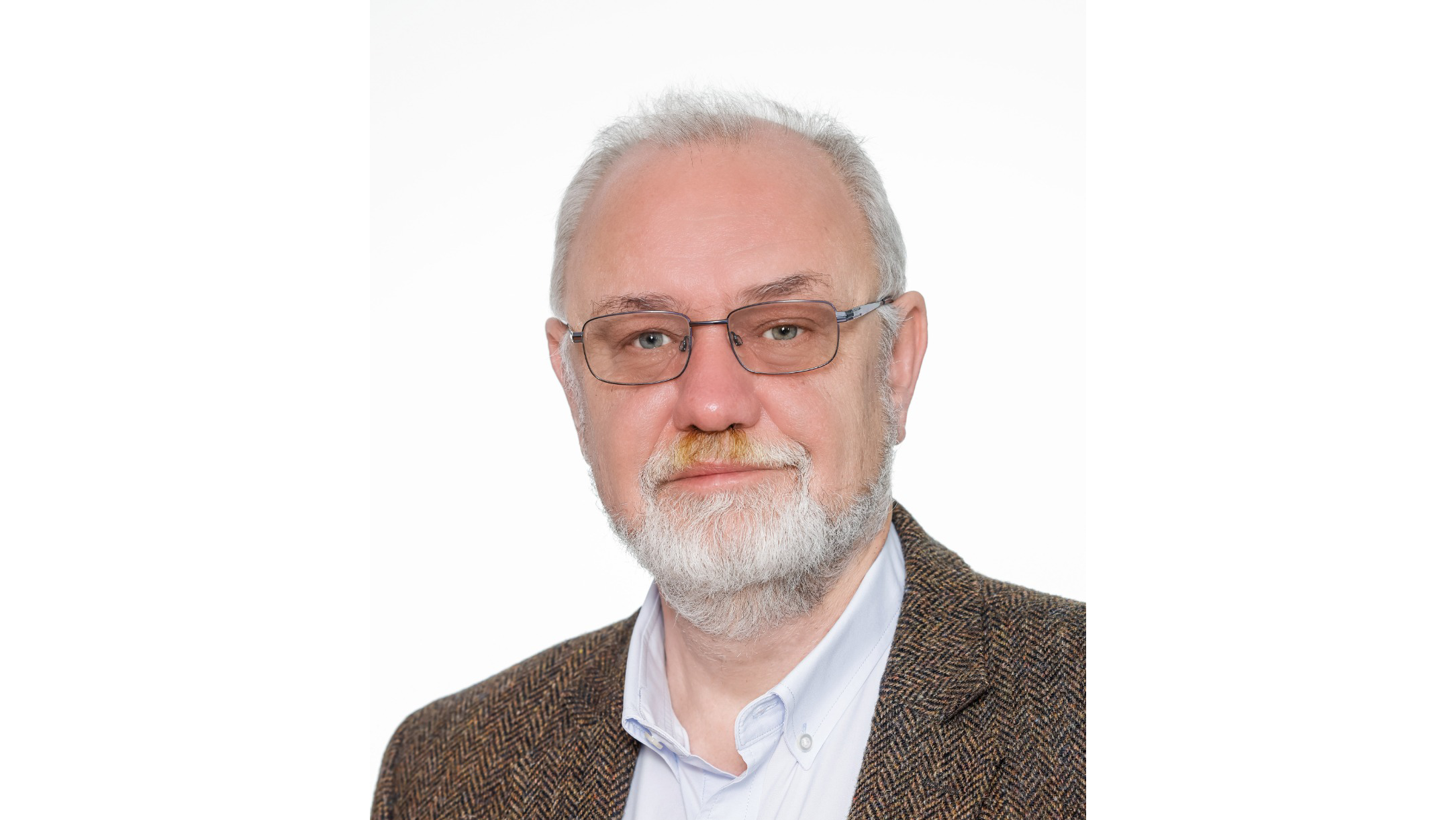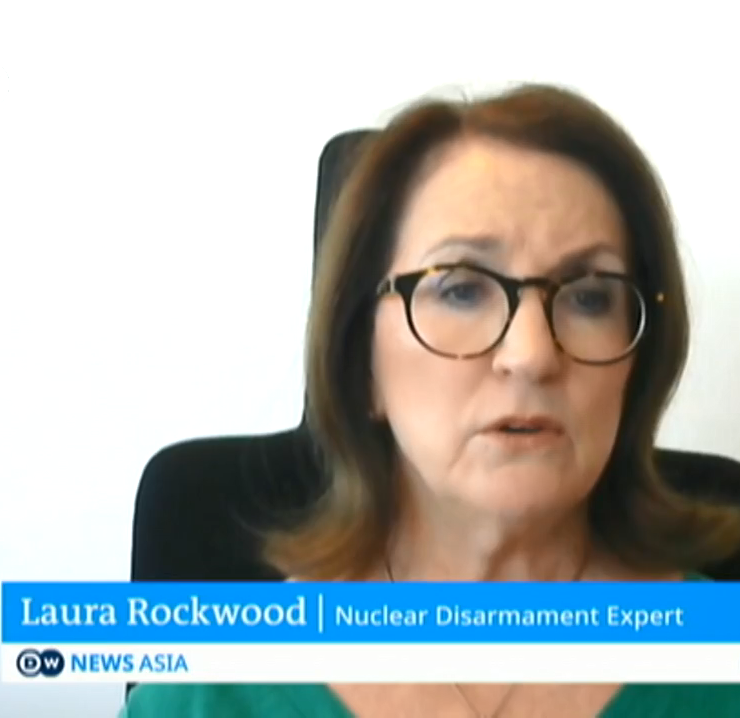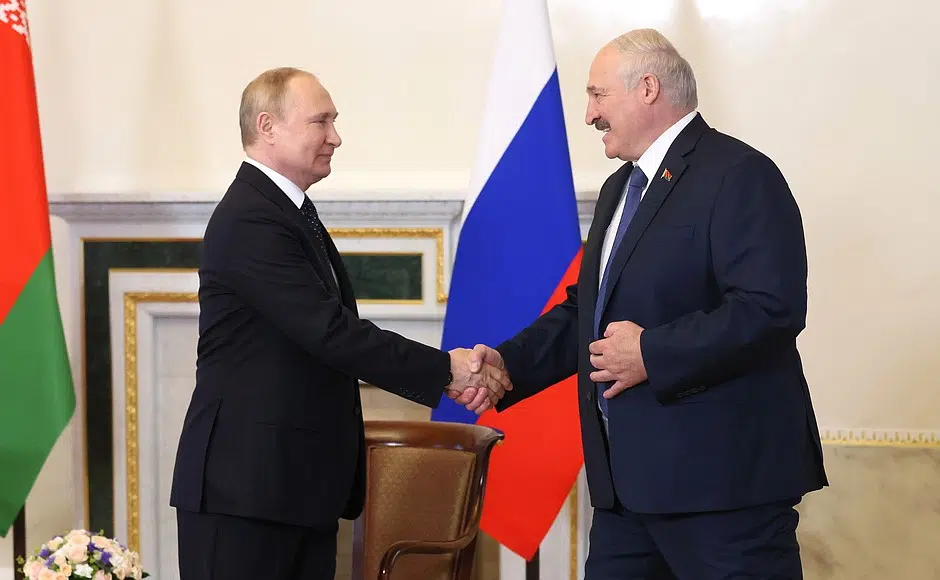
At a conference held in Loccum, Germany, from 24 to 26 June 2019, VCDNP Senior Fellow Nikolai Sokov spoke on a panel entitled "Introductory Impulses on Central Building Blocks for Future Arms Control Initiatives."
In his remarks, Dr. Sokov discussed arms control and the options available to Europe.
Excerpt:
(...)
The issue is not limited to governments. Public support for arms control is not as strong or widespread as it used to be during the Cold War. In states with a key role in arms control (the United States, Russia, certain members of NATO, including new members), the public simply no longer fears nuclear war as much as they did in the past. The structure of politics has changed, too. In the age of “electronic politics” (social networks, proliferation of Internet publications, and the availability of raw data—such as satellite imagery—to nongovernmental organizations), governments no longer control the agenda and may not enjoy sufficient degree of freedom to pursue policies. Empowerment of the public is, overall, a positive phenomenon, but at the same time, it can block limited cooperation ventures by governments and even unintentionally contribute to escalation of conflicts. For example, social networks can help generate large-scale focused campaigns that inhibit delineation between issue-areas (for example, “how can we negotiate with them on anything if they are untrustworthy”); disclosure of information can undermine confidential contacts (one could consider that the 1962 Cuban Missile Crisis could have developed differently if the entire set of pictures of Soviet missiles in Cuba were to become public knowledge at the same time they became available to President Kennedy). Of course, this phenomenon can work both ways: not only public and experts become more influential, but policy making also becomes more vulnerable to outside intereference that uses the same tools. It is sufficient to say that the environment in which policy is made today is very different from the period of “classic” arms control.
Thus, the condition of peace that we continue to enjoy cannot be regarded as stable. Political conflicts dominate the security agenda and there are few impediments to escalation; even worse, many among policy makers and the public would rather encourage escalation without giving sufficient thought to the danger of slipping into war. It seems that the only way to relearn forgotten lessons of the Cold War— first and foremost, the ability to practice arms control in spite of broader political conflicts—is to repeat the old pattern of coming to the brink of war, which could have a sobering influence. That is, if we are once again lucky enough to survive it.
(...)
Read Dr. Sokov's full remarks here.

